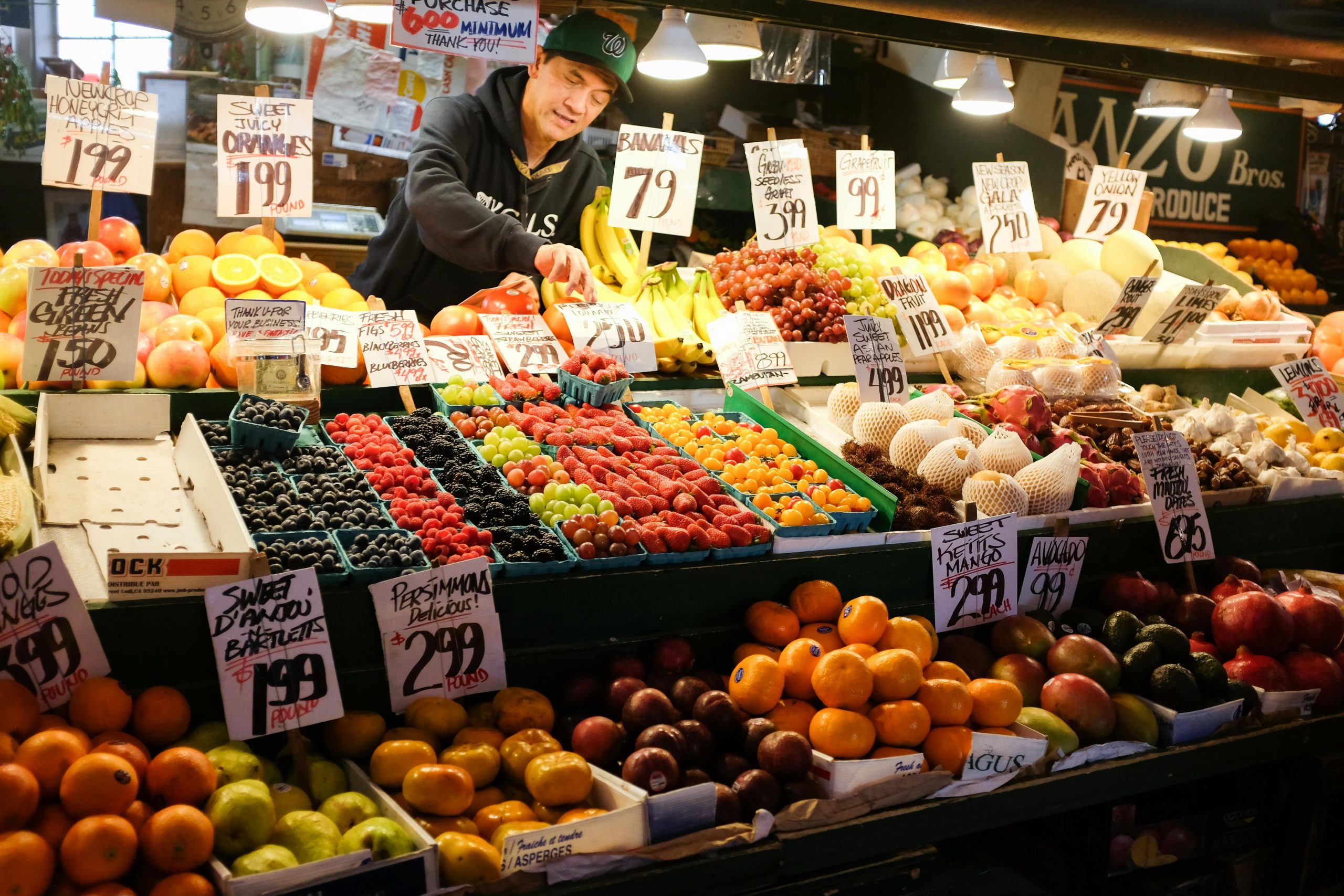For many Americans, grocery shopping often defaults to large supermarket chains or big-box stores like Walmart or Target. They offer vast selections and the convenience of one-stop shopping. Their low-price perception is also a major draw. However, exclusively shopping at these mega-retailers might mean missing out on significant benefits offered by smaller grocers, independent markets, co-ops, or specialty food shops. While perhaps less convenient, these alternatives often provide superior quality, unique products, better service, and a more positive community impact. Let’s explore why looking beyond the giants might lead you to your best grocery experience.

Image Source: Pexels
Limitations of the Megastore Model
While efficient, the big-box model has inherent limitations. Their focus on volume often prioritizes shelf-stable, processed foods over diverse, high-quality fresh options. Sourcing typically relies on large, distant industrial farms rather than local producers. Customer service can be impersonal due to store size and staffing levels. The shopping experience itself can feel overwhelming, stressful, and time-consuming. While prices on some basics might be low, the overall value proposition, considering quality, experience, and community impact,t isn’t always superior.
Emphasis on Quality and Curated Selection
Smaller independent grocers, co-ops, or specialty food stores often differentiate themselves through quality and careful curation. They may prioritize sourcing higher-quality produce, meats, and artisanal products. Their selection might be smaller overall, but features unique, locally made, or imported items not found in large chains. These stores often build relationships with local farmers and producers. For shoppers prioritizing taste, freshness, and unique finds over sheer quantity or rock-bottom prices on processed goods, smaller grocers frequently offer superior quality.
Supporting Local Economies and Small Businesses
Choosing to shop at independent grocery stores or local markets directly supports your community’s economy. More of the money spent at local businesses tends to stay within the community compared to funds spent at national chains headquartered elsewhere. Supporting small grocers helps maintain local jobs, preserves unique neighborhood character, and fosters a more diverse retail landscape. It’s a conscious choice to invest in your own community’s economic health rather than solely contributing to large corporate profits.
Discovering Unique, Regional, and Specialty Products
Smaller stores, ethnic markets, and co-ops are often treasure troves for unique ingredients and specialty items. You might find locally produced honey, cheese, or baked goods. Ethnic markets offer authentic ingredients for international cuisines unavailable elsewhere. Natural food co-ops often feature bulk bins, local organic produce, and specialized dietary items. Shopping at these alternatives expands your culinary horizons and connects you with foods reflecting local or specific cultural traditions, making grocery shopping an adventure rather than a chore.
Often Superior Customer Service Experience
Smaller grocers typically offer a more personalized customer service experience. Staff members are often more knowledgeable about products and may recognize regular customers. Owners or managers might be present and accessible. Getting assistance, asking questions about products, or even making special requests is generally easier and more pleasant compared to navigating large, often understaffed megastores. This focus on customer relationships can make the shopping experience feel significantly more positive and less transactional.
Potential for Fresher, Locally Sourced Produce and Meats

Image Source: Pexels
While not always the case, smaller grocers or those emphasizing local sourcing (like co-ops or farm stands) can often offer fresher produce with shorter transit times compared to large chains relying on national distribution centers. They may feature seasonal items from nearby farms. Some independent butchers or smaller markets pride themselves on higher-quality meat sourcing compared to the pre-packaged options dominating large supermarkets. Prioritizing freshness and local sourcing often leads to better-tasting ingredients.
Considering Value Beyond Just Low Prices
While large chains compete heavily on price for certain staple items, true “value” encompasses more than just the lowest number on a shelf tag. Consider the quality of the products, the freshness, the environmental impact of sourcing, the support for local economies, the pleasantness of the shopping experience, and the availability of unique items. Smaller or alternative grocers might offer better overall value when these factors are considered, even if some individual items cost slightly more than at a big-box store. Define value holistically.
Diversify Your Grocery Routine
Relying solely on Walmart or other big-box stores for groceries might mean missing out on higher quality, unique products, better service, and the benefits of supporting local economies. Smaller grocers, co-ops, ethnic markets, and farmers markets offer compelling alternatives focused on quality, curation, and community connection. While perhaps requiring separate trips, diversifying your grocery shopping routine can lead to better food, more interesting discoveries, and a more satisfying overall experience. Consider looking beyond the biggest players to find your truly best grocery resource.
What types of smaller or alternative grocery stores do you enjoy shopping at, and why? Do you find they offer better value in ways beyond just price? Share your experiences below!
Read More
Can You Use SNAP on Instacart, Walmart Pickup, or Amazon in 2025?

